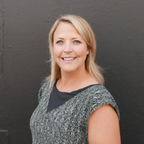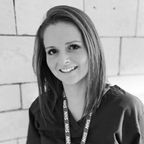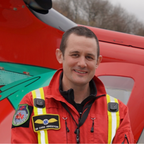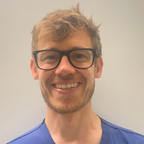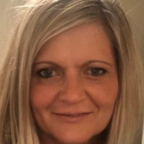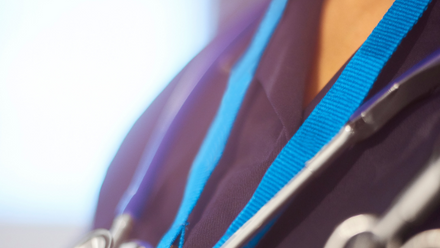Everyday life in intensive care and healthcare comes with potential exposure to difficult clinical events, and things that do not go quite to plan. Knowing what is normal to expect after these incidents can be difficult- as healthcare staff are quite hard on themselves for their reactions. In this study day we will be exploring how people react, why some reactions linger, and how to support staff. We will include processes such as hot and cold debriefing, and link into Peer Support. We’ll also widen our lens beyond critical care, to learn from other areas.
This day is suitable for intensive care clinicians and managers, and those who work in pre-hospital emergency medicine, emergency medicine, and acute areas of healthcare.
Learning outcomes
By the end of this study day, delegates should be able to:
- recognise the impact of traumatic events at work and be able to signpost staff
- understand models of psychological first aid by health professionals who are not mental/other word health experts, and what they can do to support their peers
- understand how to respond immediately following an event using the Team Immediate Meet Tool
- understand what occurs in an operational debrief
- understand what should and should not happen in post event team reflection, and when to apply it
- consider longer term consequences and needs, and avoiding harm
 Programme
Programme
9:15am - Zoom open
9:30am - Chairs welcome – objectives for the day
9:40am - How do people respond - psychological short term and long-term responses and moral distress
10:00am - TIM - cognitive aids and first responses
10:20am - Break (20 mins)
10:40am - Peer support & professional nurse advocates - informal supports after incidents
11:00am - TRiM as model of peer support and assessment
11:30am - Considering peer models of help- how the roles fit together with debrief and psychology
12:00am - Lunch (45 mins)
1:00pm - Operational or psychological debrief? What is our intention?
1:15pm - Operational (clinical) debrief in critical care and PHEM. Typical approaches and protective factors.
1:50pm - Keynote: Critical Incident Stress Management (CISM), Psychological Debriefing (PD) & Peer Support: Current Status of Evidence and Practice
2:15pm - Break (15 mins)
2:30pm - Secondary victims
3:00pm - Avoidable employee harm: HR processes following incidents
3:30pm - Q&A from afternoon speakers
3:50pm - Closing remarks
4:00pm - Close
 Group bookings
Group bookings
Group bookings can be made for multiple delegates and paid by credit card via the event booking page.
We are also able to invoice for group bookings of 10 or more delegates, or where the total value is over £1,000. Group bookings can only be made up to 6 weeks in advance of an event and must be paid in full prior to the event date to avoid tickets being cancelled.
To book a group via invoice, please download the form below, complete and return to [email protected].
 Contact us
Contact us
If you have any questions about the event or need any further assitance, please do contact us via:
Telephone: (+44) 0207 280 4350
Email:

